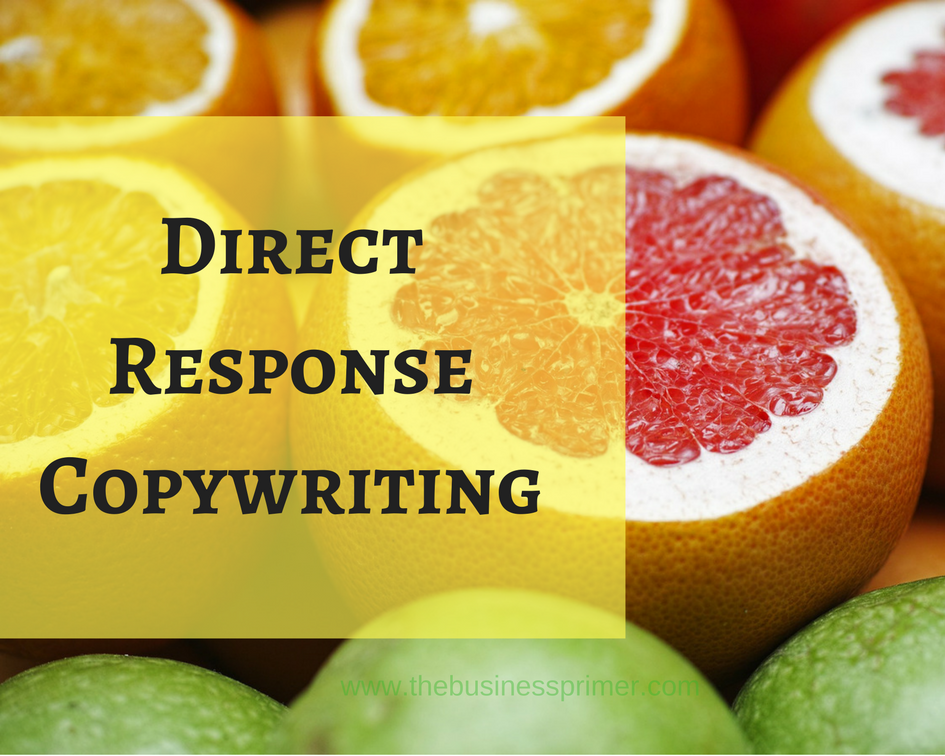Copywriting. This term can be condescending, I know.
The word “copywriting” can evoke baffling questions like these:
Is copywriting about copying? Is it copy-pasting?
No kidding, such questions are asked for real.
So, what is copywriting?
Copywriting is the art and science of putting words that absolve the reader’s objections and persuade the reader to take a pre-defined action.
Good copywriting is backed by a thorough study of the psychological behavior of the business’ audience. It involves a step by step procedure that gathers detailed information about the target visitor.
In the digital age, copywriting is synonymous with web copywriting or direct response copywriting. Web copy is written to lead the target prospect to act on a CTA.
Copywriting is an intense process. As a copywriter, it is your responsibility to know your customer’s business in and out. The business functions, benefits, features, USP, value proposition, objections, problems, FAQs, mission, vision, audience and so much more.
What does a typical copywriting process look like?
- Ideally, a copywriter gets business information from the client in the form of a questionnaire with specific answers. Specificity is the key. It is up to the copywriter to ask questions that fetch unambiguous information avoiding back and forth communication.
- Based on the information in the questionnaire, the copywriter studies the customer info and derives a customer profile.
- The copywriter designs a wireframe sketch to make the copy come with a flow. The wireframe sketch decides the fluidity of the copy.
- The positives and features of the product or service are aggregated and converted into benefits.
- The copywriter comes up with a clear value proposition that tells the purpose of the business website. No beating around the bush here. It has to be clear and concise.
- This is followed by rounds of editing, search engine optimization and testing the copy.
Note: A prospect is determined by the business whose products are designed for a certain demographic.
Why should a copywriter know everything about the company?
To define the value proposition
You are writing copy for the company’s customer. You are writing copy to convince the prospect. The prospective visitor comes with many questions. Answering all their in-mind questions on-page is the goal of web copy.
In order to answer their questions, you should know the business inside out. If you do not know about the company functions and operations unique to that company, your value proposition fails. If you do not know why the company does what it does, you fail to get the purpose in words.
The value proposition is the most distilled version of the company’s prime purpose.
To understand and reproduce the purpose
When the “why” is not projected strongly, there is nothing that moves the prospect to establish an emotional connect. The emotional connect is not about instantly liking your brand. It is about a feeling your words can evoke
Let’s talk about a common activity you and I both do. Do you feel good shopping on a website that sells the products you love at your happy price? Do you see the key-points here? Love..Happy!
Ultimately, you do what you do to make yourself feel the way you want to. Even if it means trading money.
Jim Keenan, the author of Not Taught says you cannot sell to your prospect if the prospect doesn’t perceive value in your product or service. The “value” here can take any form. But it eventually boils down to a feeling. An emotional state of content that happens after an action.
Great copywriting is about salvation, not sales. – Aaron Orendorff
When you invest your money in a worthy product, you willingly trade your hard earned money because you have assigned a value to the product. That is all a customer pays for – Salvation. And, copywriting is the art and science that brings out the value out of a product and projects it in the form of words.
If you succeed to provide that reason of fulfillment your prospect is looking for, you have written good copy. That is when your copy becomes convincing. You don’t need to put any more effort, even in terms of fancy-glittery graphics. They do not matter. All you have to do now is drive your prospect to take an action. The sale is just a resultant action. And, congratulations! You just sold your product.
How to edit your copy?
To get the most pristine version of your copy, try removing one random word from one random sentence of your final copy. If you see a discrepancy, in any form, you put back the word and publish it. If not, repeat the distillation process.
Good copy is achieved when if you remove a word from the line, it obstructs the meaning of the sentence terribly.
Why is copywriting called copywriting?

The above definition implies that anything worthy of being reproduced to preserve its existential value is copy. This highlights the monumental importance copywriting holds in the business world.
Why every business needs copywriting?
When I began my career as a copywriter, I wondered what copyblogger meant. It sounded weird. I get it, the word is formed by the amalgamation of two words copywriter and blogger. But why? Why would anybody do that?
Now, when I know why every business needs copy, I fully understand the profound reasoning behind naming the legendary website CopyBlogger. In simple terms, CopyBlogger is a resource that teaches you conversion blogging or business blogging but not limited to blogging.
It is all about conversions. You cannot grow your business without conversions. Can you?
You need copy to convert.
Copy that converts + A well positioned product = Sales that spike your revenue
And after all, sales is the ultimate goal of any ethical business. Now that you know why every business needs copywriting, what are the steps you are going to take to write copy?
